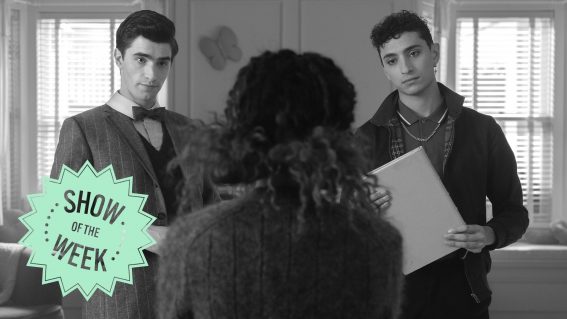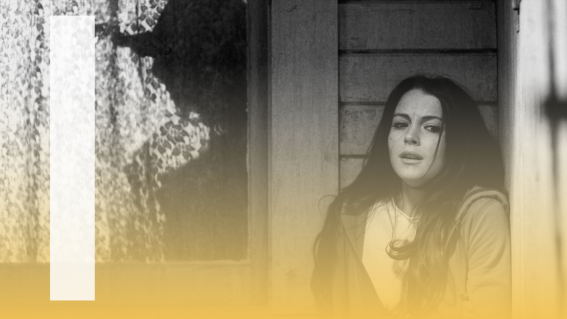Ana de Armas is a perfect choice to play Marilyn Monroe, despite the backlash
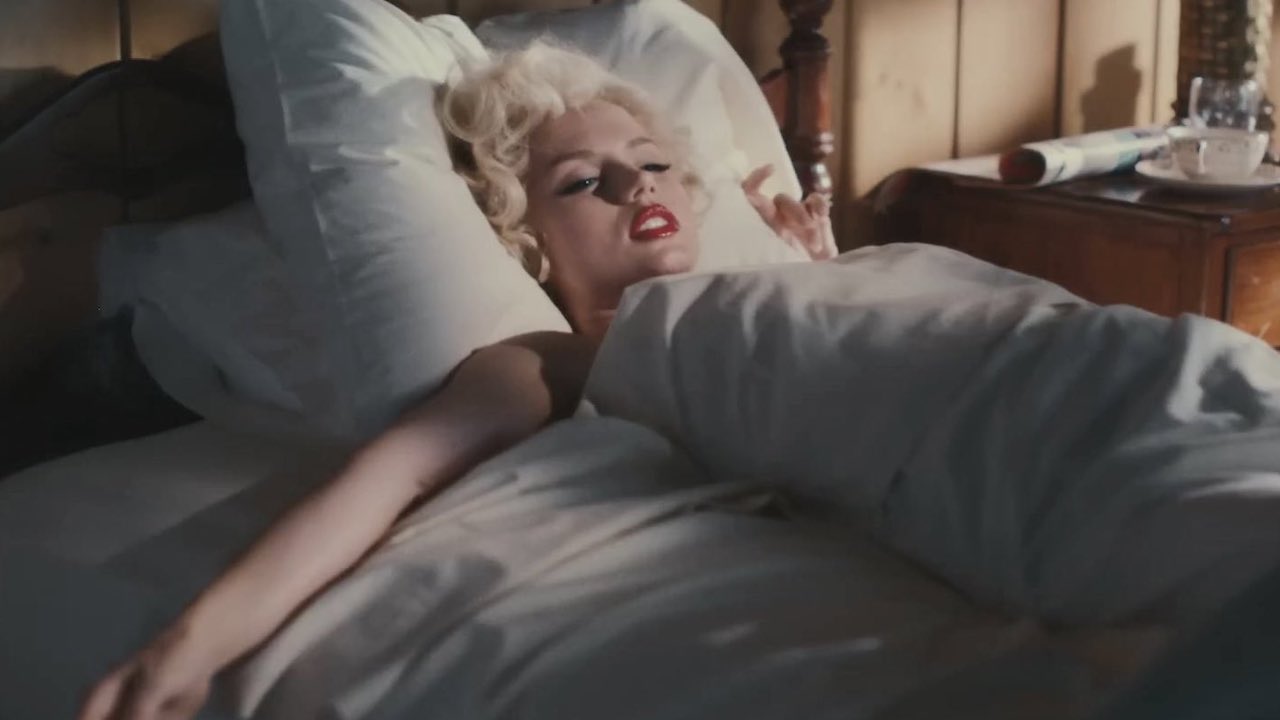
Knives Out star Ana de Armas undergoes a painstaking transformation into tragic Hollywood icon Marilyn Monroe, but it’s not enough for some early critics of her biopic Blonde. Cat Woods is here to defend this clever bit of casting.
The Netflix biopic Blonde is based upon a fictional, speculative biography of Monroe by novelist Joyce Carol Oates. It was never designed to be a fact-based, historically accurate telling of Monroe’s story.
The uproar on social media regarding de Armas’ depiction of Monroe does not account for the nuances of Blonde. De Armas plays the Monroe of Oates’ novel, already mythicised and iconic, so it seems apt that audiences are arguing over truth, authenticity and fact regarding an actress playing Monroe with a Spanish accent.
It was a hard-won role, as de Armas told Vanity Fair in 2020: “The producers. The money people. I always have people I needed to convince. But I knew I could do it. Playing Marilyn was groundbreaking. A Cuban playing Marilyn Monroe. I wanted it so badly.”
Marilyn Monroe was a creation herself. Authenticity was not Norma Jean Mortenson’s goal in sculpting herself into the perfect woman for an American audience. Her goal was to make a career. The peroxide hair, the breathy hyper-feminine voice, and her sultry “who, me?” expression were all carefully crafted for the Hollywood studios, always hungry for a siren to sell.
De Armas and Norma Jean come from different lives in different nations, and yet their modus operandi is the same: to become movie stars within a system that wants to sculpt them into movie-selling, perfume ad-starring, magazine-cover commodities. Their roots are not a world apart.
Norma Jean’s mother, Gladys Pearl Baker, was born in Mexico. Before raking in hundreds of millions (valued at billions by today’s standards) during the 1950s and 60s, Marilyn Monroe was a Los Angeles-born orphan whose childhood was spent between foster homes until she married at the age of 16. She was a survivor, and a strategist. She knew how to change her face, her voice, and to emphasise elements of her personality or to hide them in order to fit in and be loved.
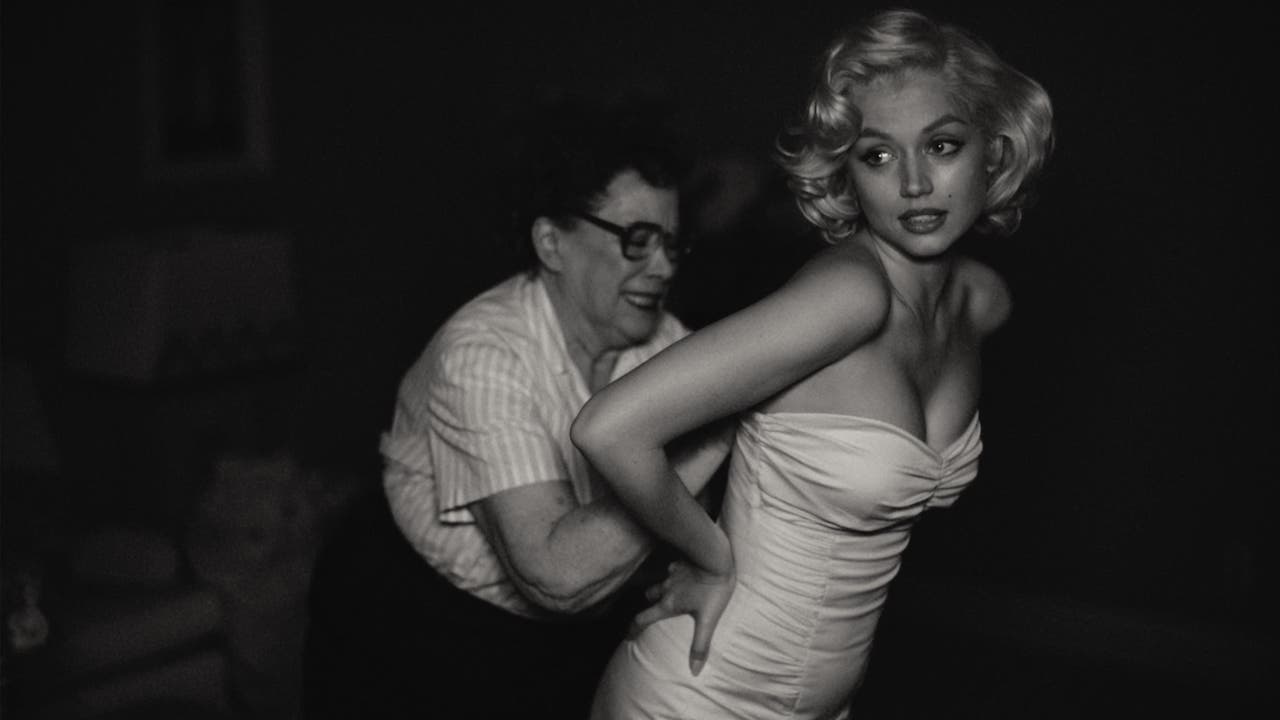
Ana Celia de Armas Caso was born in Havana, Cuba to Spanish parents. Like Norma Jean, she decided in her teenage years that acting was her metier, and at 18, she moved to Madrid to pursue a TV career (starring in El Internado for 3 years from 2007). But, like Monroe, Los Angeles would offer her the opportunity to be a star. Her beauty narrowed the range of roles on offer, but it also rewarded her with fame, money, magazine covers and famous suitors, a familiar tale.
Though de Armas’ childhood was spent within a stable family, it was far from glamorous. Her parents raised de Armas and her brother during a period of regular electricity blackouts, fuel and food rationing, and at a time when creative types were surveilled by police to ensure they didn’t criticise their government nor its policies. Spain was her pathway out, but the ability to transform into bombshell beauties on screen was her ultimate escape.
Neither woman came from Hollywood families. Both women decided in their early teens that the imaginary world they saw glamorised on screen was their avenue to an existence far removed from what they’d witnessed of their parent’s and grandparent’s lives. They would work and they’d take roles that bored them or pigeonholed them (both often playing either the girlfriend, or the forbidden object of lust for the leading man). While Norma Jean dyed her hair, dieted, perfected her glamourpuss makeup and transformed herself into the ultimate celebrity goddess, de Armas has gone through her own transformation.
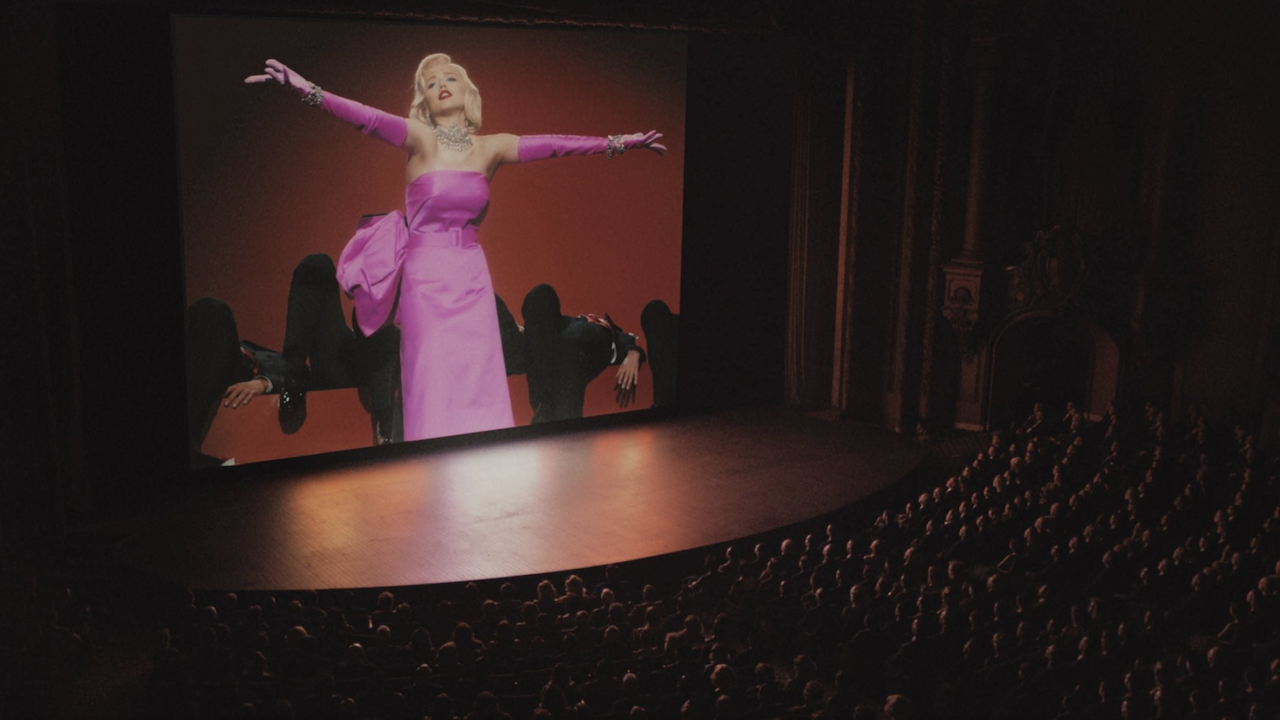
Upon arriving in Los Angeles 8 years ago, she spent long days learning English to avoid being limited to roles as “The Latina Girl”. She has admitted that in her earliest auditions, she barely understood what she was saying in English. To play Monroe, she engaged in nine months of dialect training.
Her delivery is beautiful and skin-tingling. She sounds like Marilyn Monroe, and yet the Spanish accent is that thorn that prods into our psyche: it is the barrier-breaking aspect of de Armas’ performance that reminds us this is a fictional story and a fictional character. Both women worked hard to transform into Hollywood stars, which involved sacrifice and silence around class, nationality, sexism and the agendas of the big-budget Hollywood machine. Blonde revels in that story, and so de Armas is perfectly cast.



